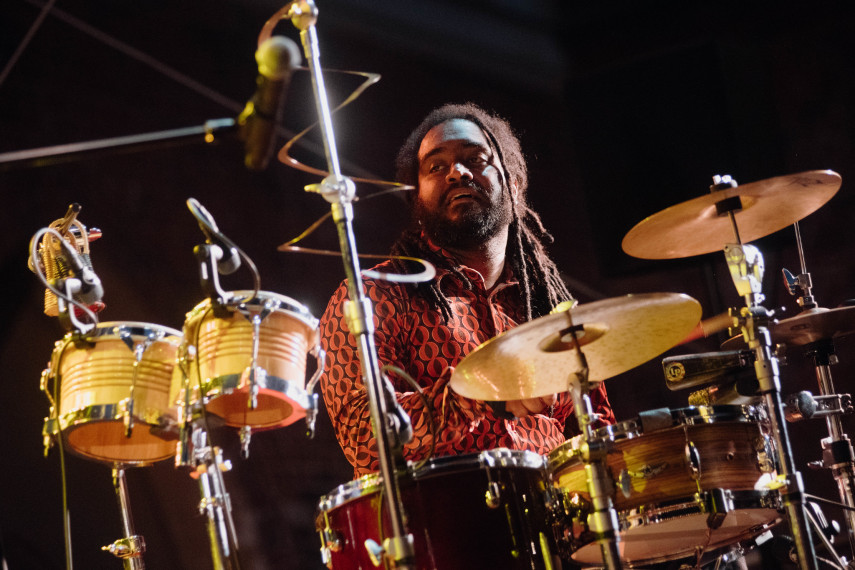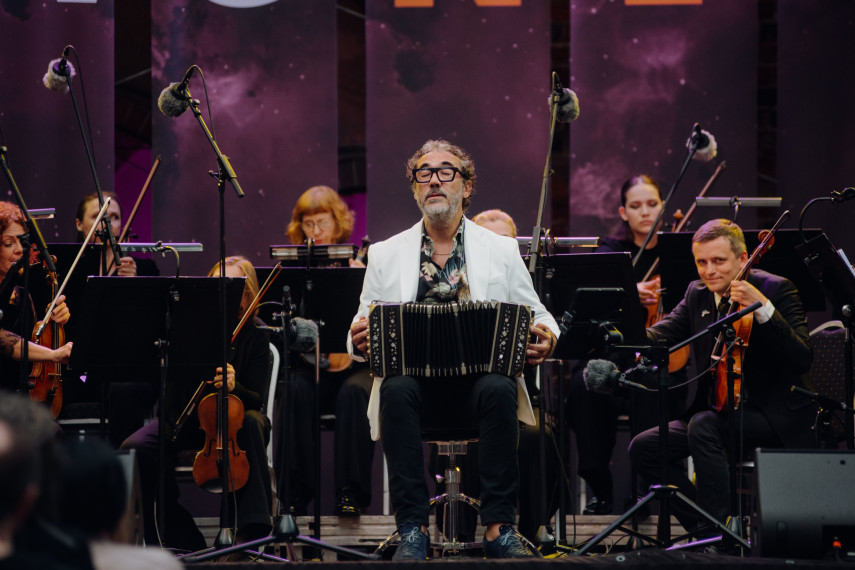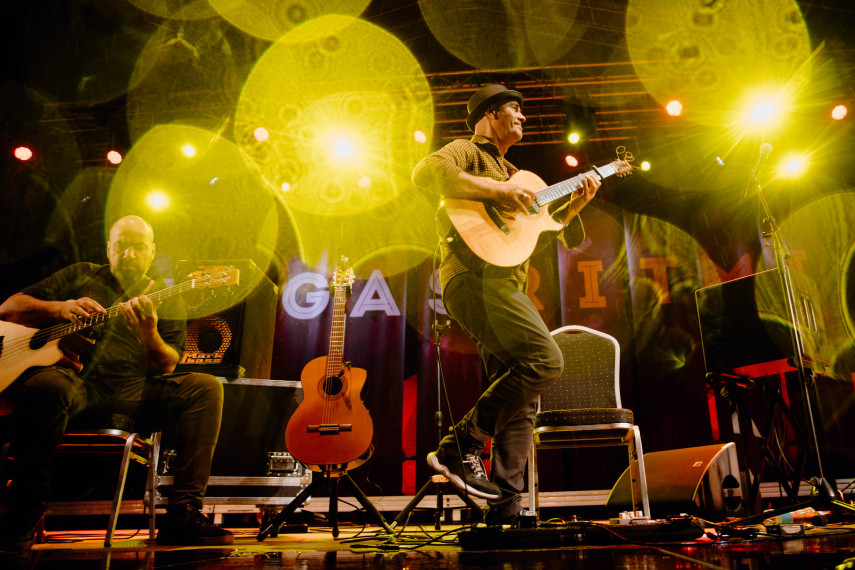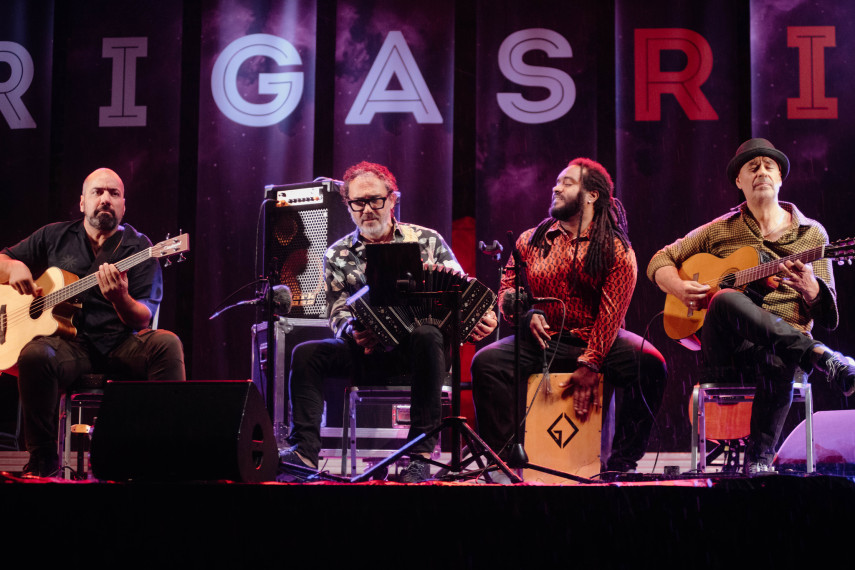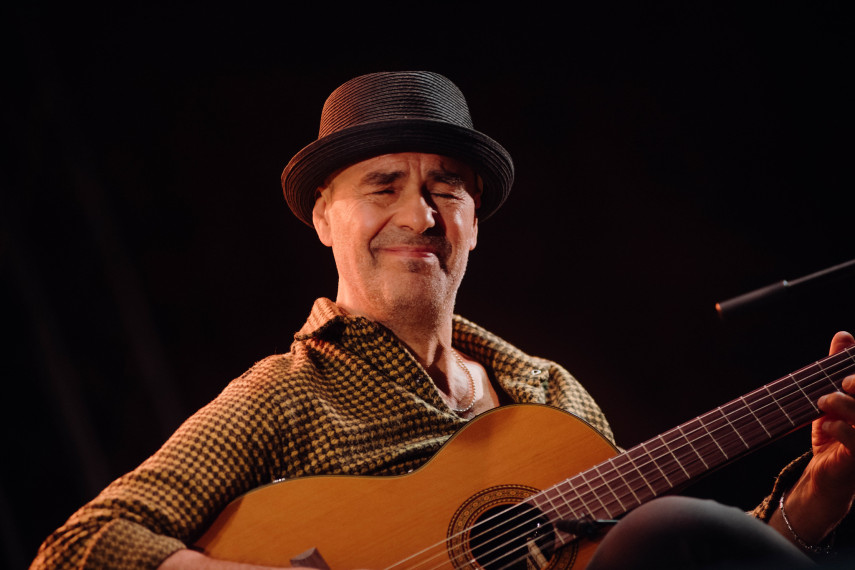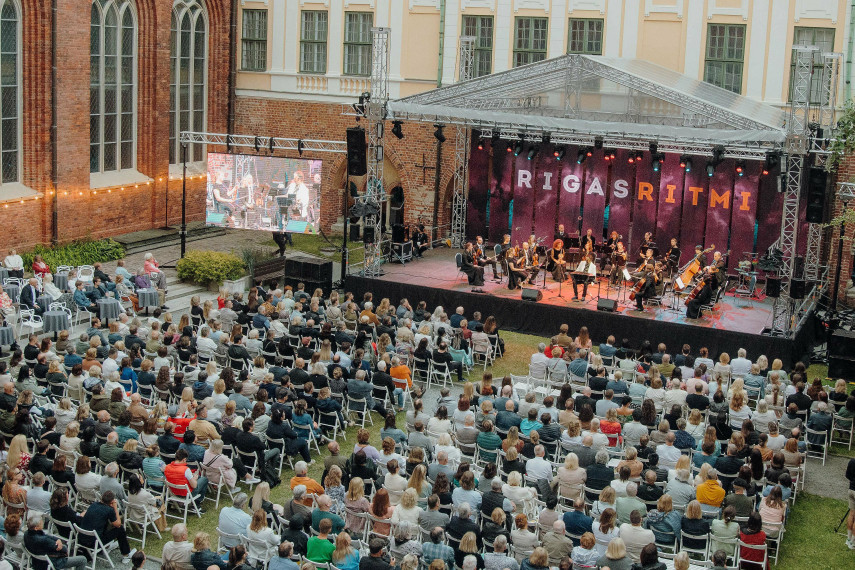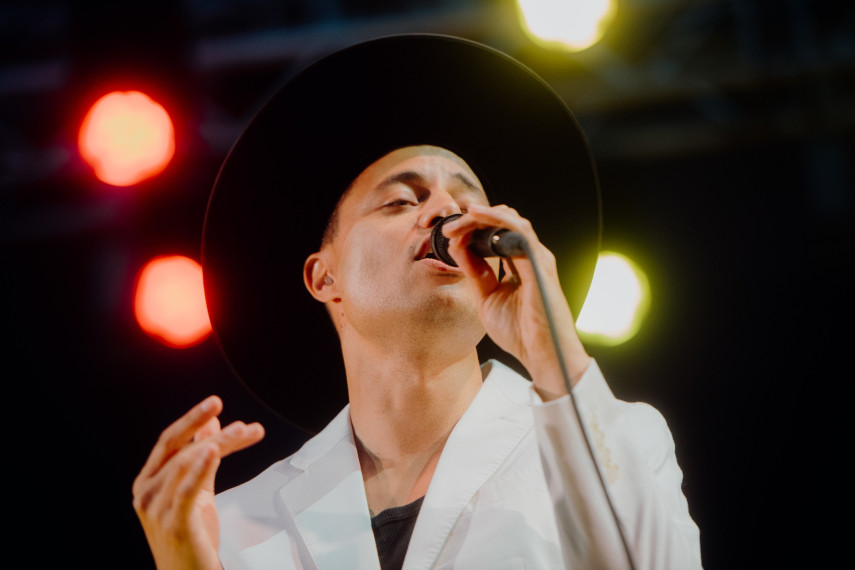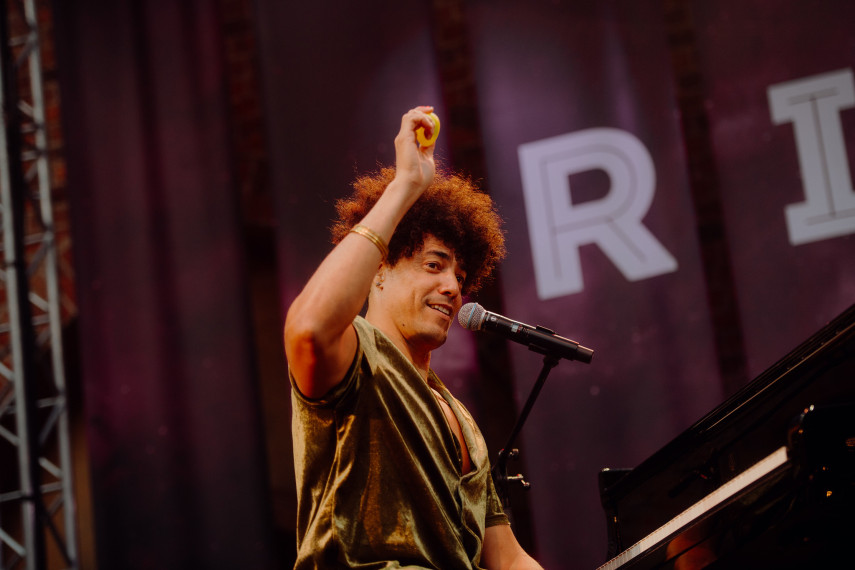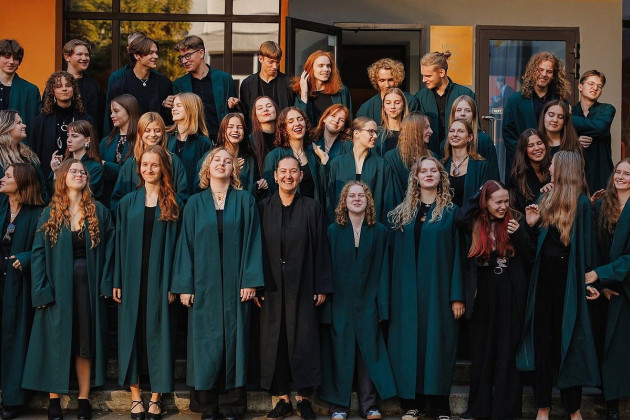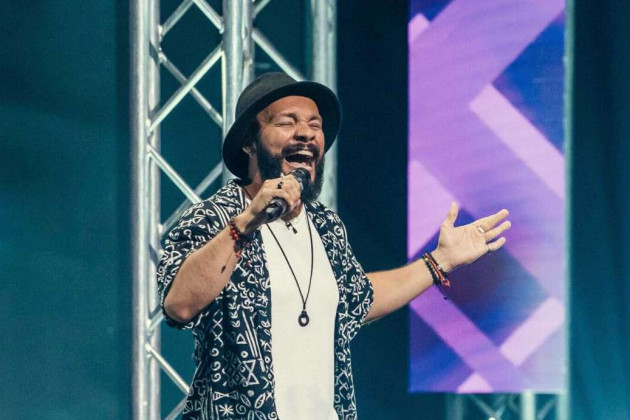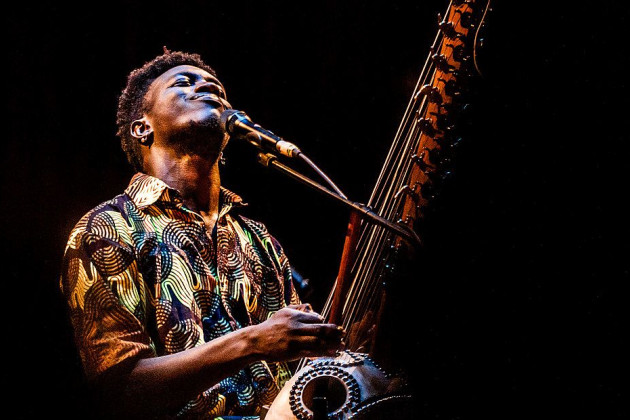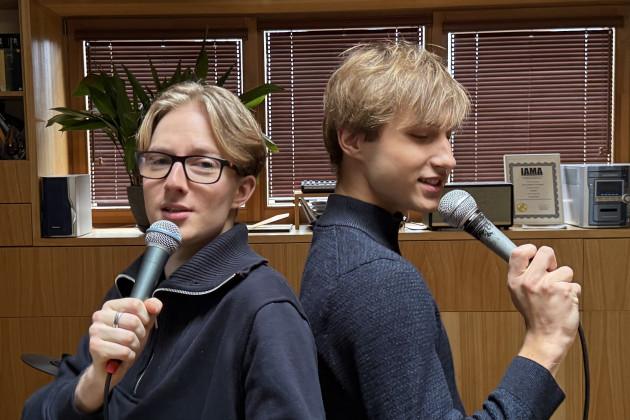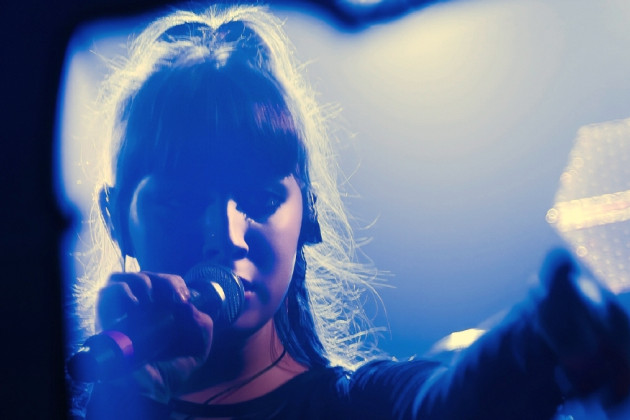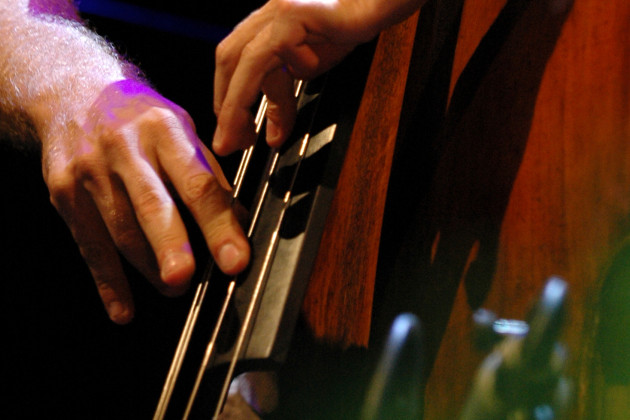

KENNEDY ADMINISTRATION
-
03 julRiga Cathedral Garden
Upcoming concerts

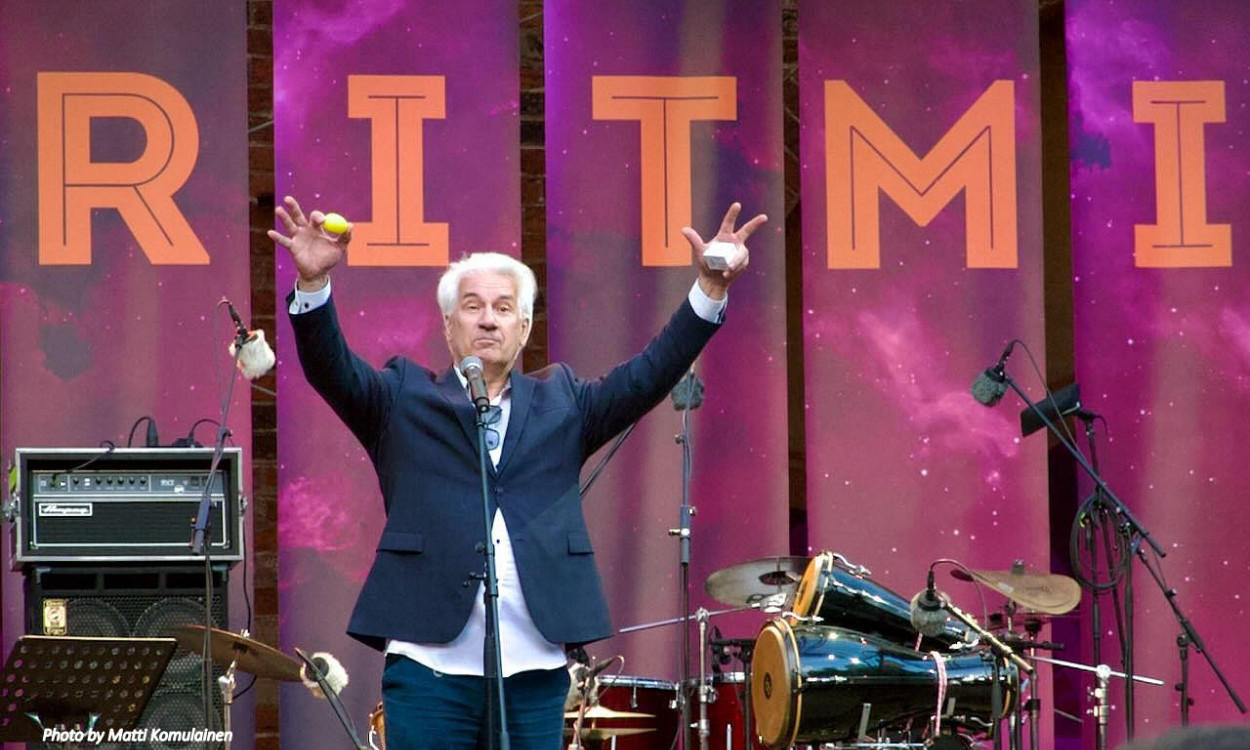
News
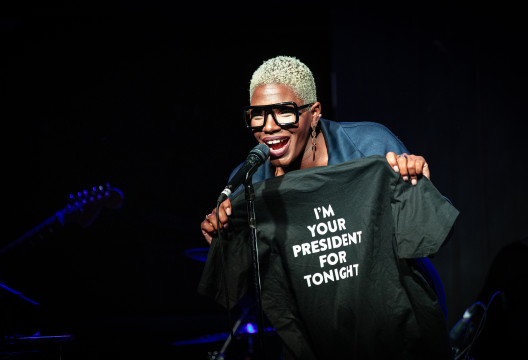
New York party in Riga. Conversation with Ms Kennedy, guest of the Rīgas Ritmi Festival
On July 3, a real jazz-funk party will take place in Riga Cathedral Garden, as the New York jazz club sensation – the band Kennedy Administration will perform at the Rīgas Ritmi Festival, which is celebrating its 25th anniversary. The band brings together four outstanding instrumentalists together with the owner of a convincing voice – Ms Kennedy.
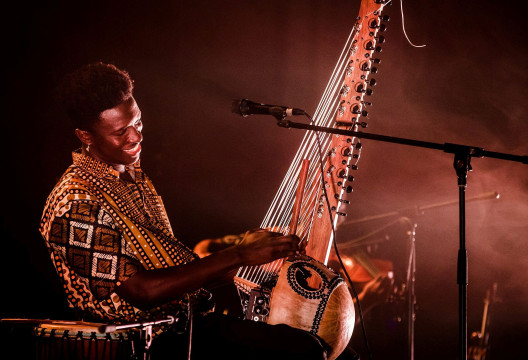
Songs about values. A conversation with Momi Maiga, a guest of the Rīgas Ritmi Festival
On July 4, Riga Cathedral Garden will be filled with heartfelt songs of West African people, as the new global music star Momi Maiga will perform at the Rīgas Ritmi Festival, which is celebrating its 25th anniversary. Momi Maiga is a Senegalese singer and kora player, who has added European folk and even classical music influences to African musical traditions in his work.
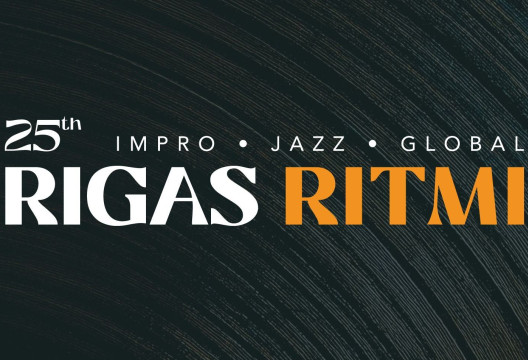
Rīgas Ritmi Festival will celebrate its 25th anniversary
The Rīgas Ritmi Festival will celebrate its 25th anniversary this year in early July. Representatives of the American new wave of jazz – the jazz-funk band Kennedy Administration and singer Shayna Steele with the premiere of the Latvian Maestro Raimonds Pauls song program Shayna Steele sings Raimonds Pauls, kora master from Senegal Momi Maiga – will also celebrate together with the festival team.
